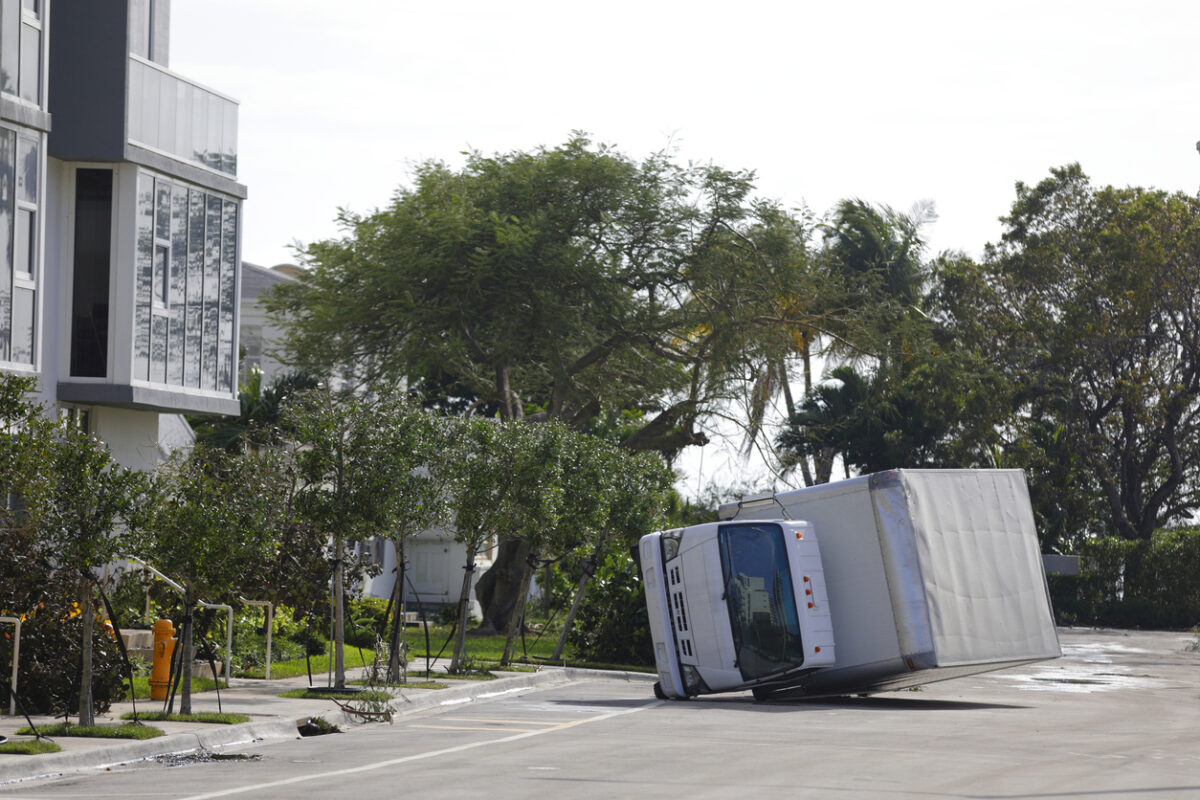Weather researchers are predicting an explosive Atlantic hurricane season this year. Forecasters at the National Oceanic and Atmospheric Administration (NOAA) predicted an 85% chance of an above-normal season, with 17 to 25 total named storms. Of those, eight to 13 are forecasted to become hurricanes (winds of 74 mph or higher), including four to seven major hurricanes (category 3, 4, or 5, with winds of 111 mph or higher).
The first hurricane, Beryl, hit July 1, causing extreme damage to islands in Grenada and St. Vincent and the Grenadines. Beryl was a Category 5 hurricane with winds of 160 mph. When it landed in Texas, Beryl was downgraded to a tropical storm, causing severe flooding, wind damage, and widespread power outages. Many forecasters view Beryl as a harbinger of a very busy hurricane season.
According to NOAA, the above-normal activity is expected due to a confluence of factors, including near-record warm ocean temperatures in the Atlantic Ocean, development of La Niña conditions in the Pacific, reduced Atlantic trade winds, and less wind shear, all of which tend to favor tropical storm formation.
Behind the Wheel: Navigating This Season
Trucking companies should be prepared in the event a storm impacts their area. Make your truckers follow these hurricane preparedness tips:
- Prioritize safety at all times.
- Perform a vehicle inspection before the truckload.
- Top off truck fuel tanks. Have multiple fuel options.
- Avoid flood roads; pull your truck over when it becomes too windy.
- Listen to your local news stations for weather and road conditions.
- Follow all travel, road advisories, and restrictions.
- Be prepared for delays or route changes.
- Know your evacuation routes and have a plan.
- Seal and lock all fuel tank tops.
- Secure outdoor items and clear debris that could become a projectile.
- Charge all mobile phone battery packs and ensure you have charging cables.
- Set mobile devices on low-power mode to conserve battery.
- Stock up on critical resources such as batteries, flashlights, rain gear, non-perishable food, and water.
Keep in contact with all your drivers and have a post-storm follow-up plan to verify the status of each employee.
Finally, keep in mind that insurance companies issue Moratoriums on making any coverage changes for hurricane-affected areas. So, if you know you need to make changes to your insurance do not delay and wait. Get those changes done as soon as possible.
About Western Truck Insurance Services
Western Truck Insurance Services is an insurance brokerage specializing in commercial truck insurance. We know this stuff and want to make sure you do, too. Our clients appreciate our dedication to finding competitive rates and offering unparalleled service beyond excellent insurance options. They also value how our state-of-the-art automation provides lightning-fast Truck insurance quotes, customer service, insurance certificates, and coverage changes. Contact us today at (800) 937-8785 to learn more.

